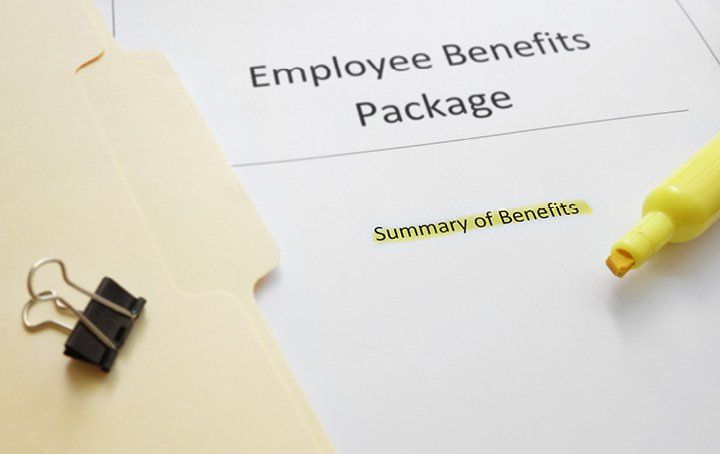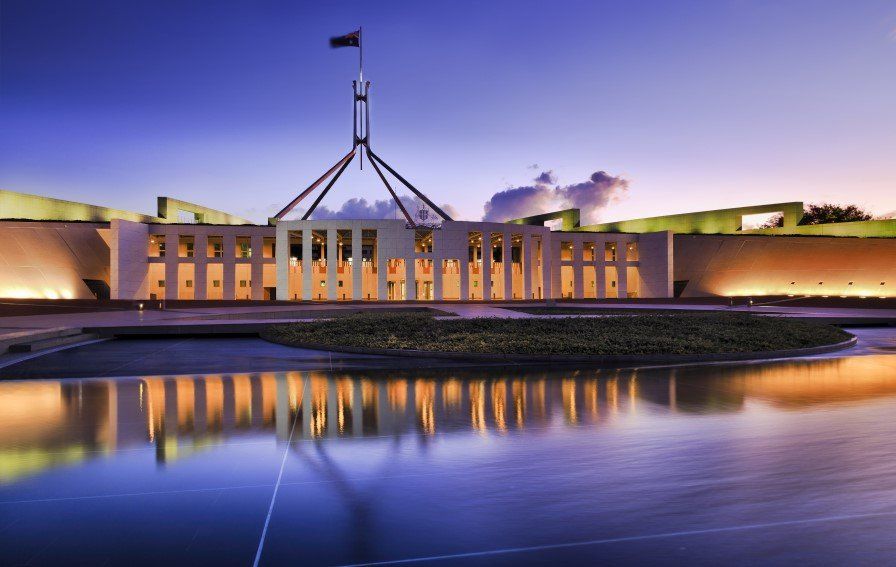Budget 2025-26: Show Me The Money Part 2

Budget 2025-26 is one that the government clearly did not expect to have to deliver. It features a modest personal income tax cut of up to $268 in 2026-27, with a tax saving of up to $536 from the 2027-28 year, and over $20bn in predominantly preannounced spending initiatives across energy, healthcare, education, families and housing.
The impending tax on super balances above $3m remains in place for 1 July 2025. As does the $20,000 instant asset write-off for small business that is supposed to apply to the current financial year. Neither initiative has passed Parliament and if not passed prior to the election being called, will lapse. In Part 2 of our analysis, we look at the impact on Individuals and families.
Individuals & families
“Modest” two stage personal income tax cut: From 1 July 2026
The Government will provide a “modest” tax cut to all taxpayers from 1 July 2026 and again from 1 July 2027. The tax rate for the $18,201-$45,000 tax bracket will reduce from its current rate of 16%, to 15% from 1 July 2026, then to 14% from 2027-28 at a cost of $648m over four years. The saving from the tax cut represents a maximum of $268 in the 2026-27 year and $536 from the 2027-28 year.
Medicare levy thresholds increased for low-income earners From 1 July 2024
The Medicare levy low-income threshold exempts low-income earners from having to pay the levy. From 1 July 2024, the threshold for the exemption will increase. The change will mean low-income earners will pay less when they lodge their income tax returns for 2024-25.
2024-25 2025-26
Singles $26,000 $27,222
Families $43,846 $45,907
Single seniors & pensioners $41,089 $43,020
Family seniors & pensioners $57,198 $59,886
Family additional child or student $4,216 $4,027
The threshold changes come at a cost of $648m over 5 years.
Announced $150 energy bill relief From 1 July 2025
Households and small business will receive an additional automatic credit of $150 on their energy bills in quarterly instalments between 1 July 2025 and 31 December 2025. The extension of energy bill rebates will cost $1.8 billion over two years.
Foreign resident CGT amendments delayed
From 1 July 2025, the way in which foreign residents interact with the tax system were scheduled to come into effect. These changes have now been delayed.
The start date for proposed amendments to the capital gains tax (CGT) rules for foreign residents has been delayed until 1 October 2025 at the earliest, and potentially later depending on the passage of the reforms through Parliament.
The changes would broaden the range of assets subject to CGT for foreign residents when they dispose of them, amend the rules which determine whether the sale of shares in a company or units in a trust are subject to CGT and require foreign residents to disclose transactions involving shares or trust interests with a value of at least $20 million to the ATO before they occur.
Announced 2 year ban on foreign ownership of established homes
From 1 April 2025, the Government has banned foreign and temporary residents, and foreign-owned companies, from purchasing established dwellings to prevent ‘land banking’. The ban applies for 2 years but is subject to some limited exceptions.
MIT amendments delayed
The extension of the cleaning building management investment trust (MIT) withholding tax concession was due to commence from 1 July 2025. This has now been delayed until the first 1 January, 1 April, 1 July or 1 October after the Act receives Royal Assent.
The Government will also amend the tax laws to clarify arrangements for MITs to ensure that legitimate investors can continue to access concessional withholding rates. The changes will apply to find payments from 13 March 2025 and will complement the ATO’s increased focus in this area to prevent misuse – see Taxpayer Alert 2025/1.
‘Help to buy’ program extended
The Government’s ‘Help to Buy’ program reduces the deposit required to buy a home by providing an equity contribution. Under the program, Housing Australia provides eligible participants with a Commonwealth equity contribution of up to 30% of the purchase price of an existing home and up to
40% of the purchase price of a new home. That is, they will give you the money and take a stake in your home.
Originally, to be eligible for the program, the income threshold for a single was $90,000 and, for joint participants, $120,000. The Budget increases this threshold to $100,000 and $160,000 respectively. Additional conditions apply. The program is not currently available to applicants.
Need Help with your Business, Bookkeeping, Tax or SMSF requirements?
If you would like a little help, please get in touch with us for assistance. We can help with your business, bookkeeping, tax and SMSF requirements.
Please also note that many of the comments in this publication are general in nature and anyone intending to apply the information to practical circumstances should seek professional advice to independently verify their interpretation and the information’s applicability to their particular circumstances. Should you have any further questions, please get in touch with us for assistance with your SMSF, business, bookkeeping and tax requirements. All rights reserved. Brought to you by RGA Business and Tax Accountants. Liability Limited by a scheme approved under Professional Standards Legislation.















